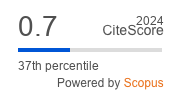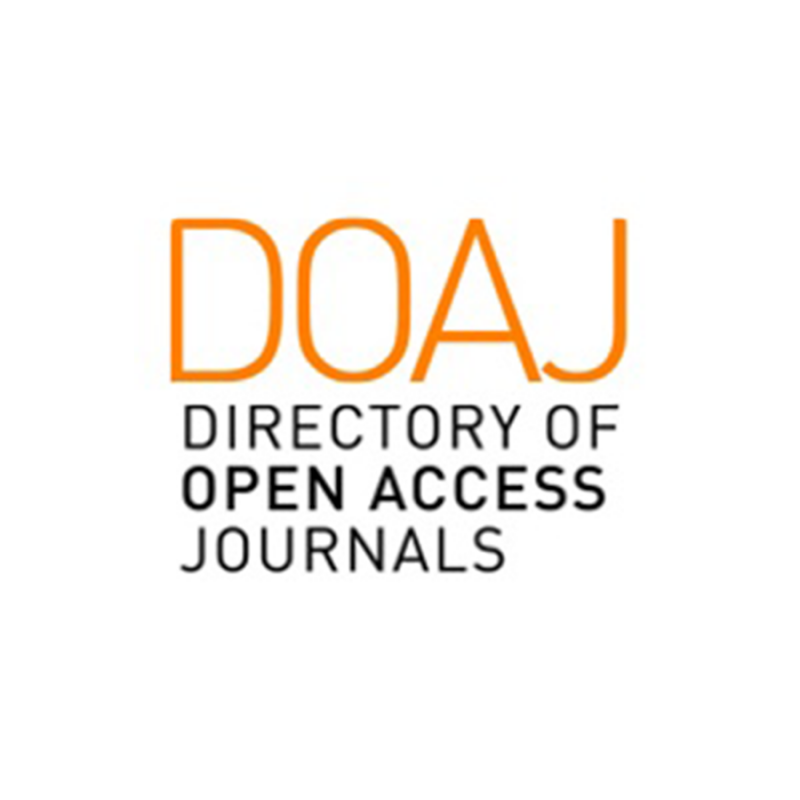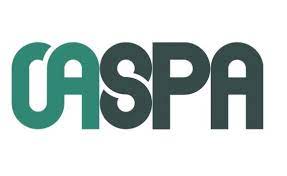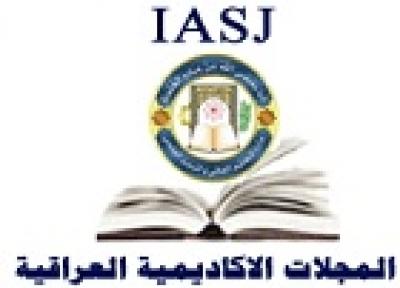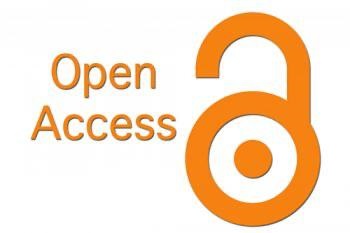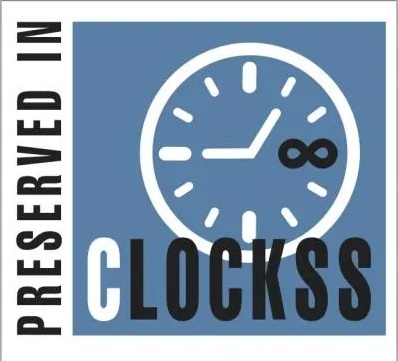Investigating the Effect of Genetic Polymorphisms of Deiodinase Type 2 on Levothyroxine Dose Requirements in Patients with Hypothyroidism
DOI:
https://doi.org/10.47723/kcmj.v19i2.969Keywords:
hypothyroidism, levothyroxine, deiodinase type 2, genetic polymorphismsAbstract
Background: Hypothyroidism is the most abundant thyroid disorder worldwide. For decades, levothyroxine was the main effective pharmacological treatment for hypothyroidism. A variety of factors can influence levothyroxine dose, such as genetic variations. Studying the impact of genetic polymorphisms on the administration of medications was risen remarkably. Different genetic variations were investigated that might affect levothyroxine dose requirements, especially the deiodinase enzymes. Deiodinase type 2 genetic polymorphisms’ impact on levothyroxine dose was studied in different populations.
Objective: To examine the association of the two single nucleotide polymorphism (SNP)s of deiodinase type 2 (rs225013 and rs225014) and levothyroxine dose requirements.
Subjects and Methods: A cross-sectional study was conducted at Baghdad Center for Nuclear Medicine and Radiation Therapy located in Baghdad/ Iraq, from March to June 2022. Based on levothyroxine dose, the enrolled patients were divided into two groups: low dose group < 1.7 µg/kg/day and high dose group ≥ 1.7 µg/kg. Then genotyping analysis was done for both groups of the study.
Results: The mean age of the participants was 40.35 ± 9.5 years with a mean body mass index of 30.61 ± 5.72 kg/m2. The mean levothyroxine doses in the low- and high-dose groups were 81.67 ± 30.74 µg/day and 161.67 ± 35.19 µg/day, respectively. Significant differences existed in the levels of TSH and TT4 between the study’s groups.
Conclusion: This study indicated that the differences in levothyroxine dose, TSH, TT4 and TT3 levels were not associated with the DIO2 rs225013. Similarly, the differences in TSH, TT3 and TT4 levels revealed a non-significant association with DIO2 rs225014 except for levothyroxine dose which was higher in the patients who carried the wild type allele (TT).
Downloads
Published
Issue
Section
License
Copyright (c) 2023 AL-Kindy College Medical Journal

This work is licensed under a Creative Commons Attribution 4.0 International License.



